 Accidental death and dismemberment insurance policies pay victims or their families in the case of an accidental death, loss of limb or limb functioning, or loss of speech, hearing, or eyesight. But according to consumer complaints, some banks are charging monthly fees for an accidental death and dismemberment insurance policy that consumers may not even realize they have signed up for.
Accidental death and dismemberment insurance policies pay victims or their families in the case of an accidental death, loss of limb or limb functioning, or loss of speech, hearing, or eyesight. But according to consumer complaints, some banks are charging monthly fees for an accidental death and dismemberment insurance policy that consumers may not even realize they have signed up for.
A Bank of America customer told the Los Angeles Times that by the time she noticed an $8.10 debit on her bank statement, she had been making quarterly payments for possibly years. “At first I thought it was identity theft,” the woman told the newspaper. “But it didn’t seem like I’d been compromised. So then I assumed it was a scam.”
Many banks, credit unions, and other financial institutions offer $1,000 worth of accidental death and dismemberment coverage to customers, free of charge. However, these companies often attempt to upsell customers by offering as much as $300,000 worth of coverage for a few dollars a month.
Are ‘Free’ Accidental Death and Dismemberment Insurance Policies a Scam?
According to the Centers for Disease Control and Prevention, approximately 131,000 deaths occur each year related to accidental injuries. That’s only about 41 out of every 100,000 people. The relative rarity of accidental death or dismemberment means that companies that offer an accidental death and dismemberment insurance policy may be able to turn a high profit if they can convince enough customers to purchase one, according to the Financial post.
Additionally, some consumer advocates claim that companies purposely keep low recurring charges for these kinds of policies in order to discourage consumers from noticing or looking into the charges on their bank statements.
An additional issue is that the costs for these policies are artificially inflated. An individual policy for $100,000 in coverage may only cost a consumer $1.50, while a policy purchased through a financial institution may be almost 10 times that amount.
Who is Behind These Insurance Policies?
According to some consumer advocates, direct marketing company Affinion Benefits Group has been pushing accidental death and dismemberment insurance policy programs to financial institutions. This company allegedly partners with banks and credit unions to send account holders mail solicitations offering $1,000 in free insurance, with an additional offer of $300,000 in coverage for a small fee. Many consumers may not even realize what they are agreeing to if they sign and return the offer letter.
People who believe they may have been charged for accidental death and dismemberment policies without their knowledge may be eligible to hire an attorney. Attorneys are investigating whether people who purchased these policies are eligible to file a class action lawsuit and pursue financial compensation.
Join a Free Accidental Death Insurance Class Action Lawsuit Investigation
If you were charged for accidental death and dismemberment insurance after signing up for a free offer, you may be able to join this accidental death & dismemberment insurance lawsuit investigation.
This article is not legal advice. It is presented
for informational purposes only.
ATTORNEY ADVERTISING
Top Class Actions is a Proud Member of the American Bar Association
LEGAL INFORMATION IS NOT LEGAL ADVICE
Top Class Actions Legal Statement
©2008 – 2025 Top Class Actions® LLC
Various Trademarks held by their respective owners
This website is not intended for viewing or usage by European Union citizens.

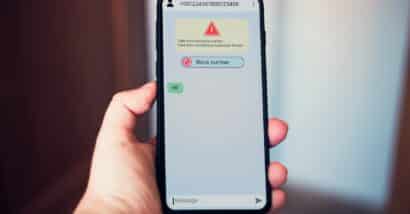

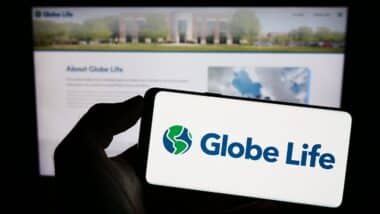
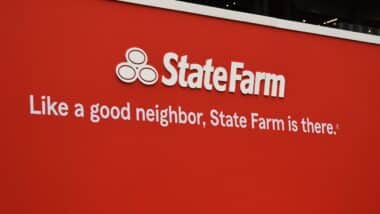
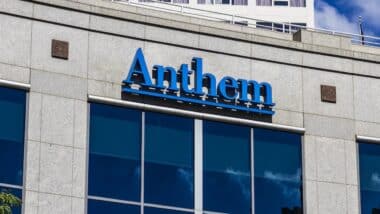

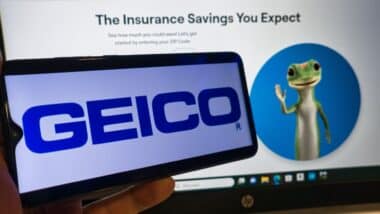

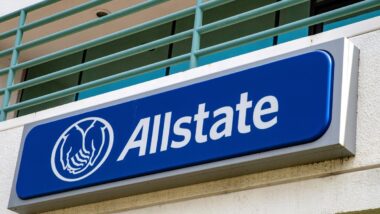

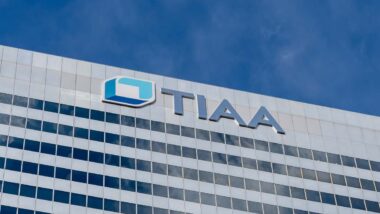
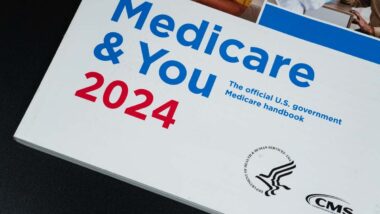
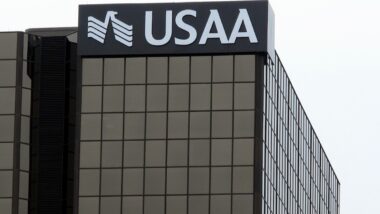

6 thoughts onWere You Charged for a ‘Free’ Accidental Death and Dismemberment Insurance Policy?
Been paying for 30 years an found out it was a accident an dismemberment insurance policy that I didn’t need for family since 1996 my wife passed and 1991 my kids were all grown never drove an I was diabetic I thought I was paying for another insurance
I have been paying for a ADD ins. policy for at least 15 years through my bank ,$24.75 every 3rd month. I’ve been trying to find out who it’s through or how I can stop payment on it and I’m getting no where!! My account shows JP Morgan Chase Bank as who gets the money. They have no idea who or what it’s for when I called them. My bank says they can put in an order to cancel payment, but want promise it will stop the payment from coming out. What if anything can I do about this!
I just got off the phone 5 minutes ago with AFFINION BENEFIT. I have charges on my bank records going back to July 2016 that were never authorized. I thought I had this fixed back in 2018 but the withdrawals started up again in 2019 for twice what they originally were. Please contact me
I have signed up for many of these over the years because they were a good deal at the time but now they charge much more than originally promised. Please contact me.
My husband has been paying for accidental insurance for years and now has passed away and I couldn’t collect on any of his policies. He had 3 of them. Please contact me
My mother passway she paid her life insurance monument for years so we could bural her we insurance denied her pol and we had no money to lay her down to rest